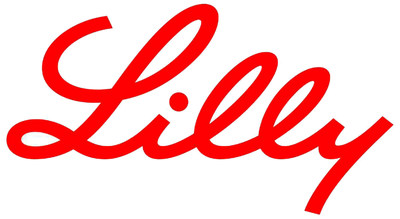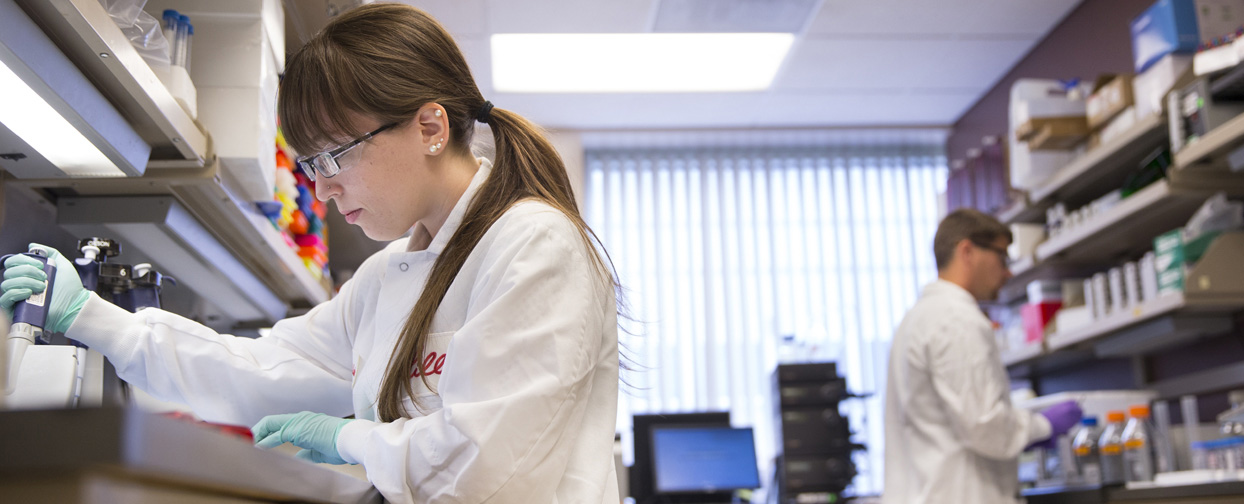Additional Delivery of Insulin Ready for Distribution in Puerto Rico
"The arrival of this additional insulin will help our efforts considerably," said
For people who can get to a pharmacy, the best way to access medicines is through normal channels. If their pharmacy is not open, insulin can be picked up at the following locations:
Bayamon Health Center ,8 a.m. to 12 p.m. , Monday through Friday- Centro de Diabetes para
Puerto Rico ,8 a.m. to 5 p.m. , Tuesdays and Thursdays - Hospital Municipal de
San Juan ,8 a.m. to 2 p.m. , Monday through Friday
"We're committed to helping the people of
Lilly's first humanitarian shipment, 2,400 pens and vials of insulin, arrived in
Lilly knows the humanitarian needs around the island are significant and intends to make additional donations of insulin and other medicines in the weeks ahead as efforts to provide needed medical assistance continue.
"The devastation inflicted on
Tips for Storing Insulin and Other Helpful Info1
The
- Insulin products that are in vials or cartridges can be left unrefrigerated for up to 28 days, even if it's already been opened.
- Ideally, the temperature should still be between 59◦F and 86◦F, but in an emergency like this, insulin may still be used if the temperature is greater than 86◦F.
- Insulin can lose some of its effectiveness when exposed to extreme temperatures. The longer the exposure, the less effective insulin becomes. People using insulin exposed to high temperatures should check their blood sugar as often as possible in case more insulin than usual is needed.
- Insulin should be kept as cool as possible, but not frozen. People should not use insulin that has been frozen. Also keep insulin away from direct heat and out of direct sunlight.
- For questions about insulin or if someone is in need of insulin, contact Lilly at (800) 545-5979. The
FDA can also be reached for questions at (855) 543-3784.
If a patient is uncertain as to the effectiveness of his or her insulin based on difficulties with storage/exposure to extreme temperatures, and unexplained loss of glucose control is seen, it is advised that new insulin be obtained if possible.
If a patient's insulin has been damaged or destroyed by the storm, he or she can talk to their pharmacy about getting a new 30-day supply. Many insurance plans have "disaster overrides" that allow people to replace their destroyed medicine for the cost of a co-pay. If they don't have a disaster override, Lilly will replenish customers with a new 30-day supply at no charge. And if patients have a high-deductible plan that normally requires patients to pay the full price for their treatment, they will receive a 30-day supply at no charge if their medicine is destroyed. Further assistance is available via The Lilly Answers Center at (800) 545-5979.
About Eli Lilly and Company
Lilly is a global healthcare leader that unites caring with discovery to make life better for people around the world. We were founded more than a century ago by a man committed to creating high-quality medicines that meet real needs, and today we remain true to that mission in all our work. Across the globe, Lilly employees work to discover and bring life-changing medicines to those who need them, improve the understanding and management of disease, and give back to communities through philanthropy and volunteerism. To learn more about Lilly, please visit us at www.lilly.com and www.lilly.com/newsroom/social-channels. C-LLY
References
1.
CONTACT: Kelley Murphy; kmurphy@lilly.com; 317-701-4007

View original content with multimedia:http://www.prnewswire.com/news-releases/additional-delivery-of-insulin-ready-for-distribution-in-puerto-rico-300532065.html
SOURCE
